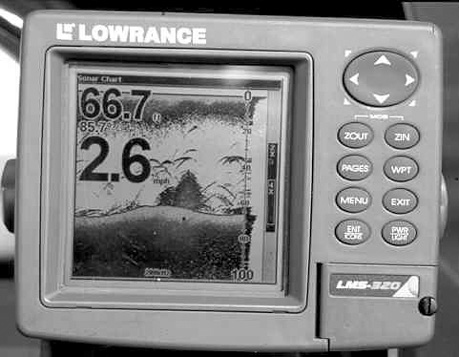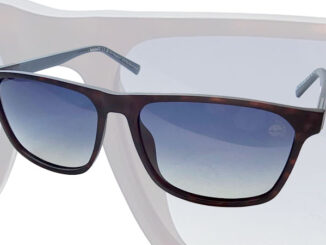
About two decades ago, a friend and I witnessed a miracle. We were fishing a stump bed in about 3 feet of water at the edge of a large bay on a popular freshwater lake. Our lures were fooling an occasional bass, but most of our time was wasted retrieving lures snagged on the stumps and brush just below the surface.
It was also difficult to fish quietly because the boat kept bumping into stumps. We finally gave up and moved to the other side of the bay to work the edge of a weed bed that we hoped had less of an appetite for our baits.
Five minutes into our attack on the weed bed, we heard an outboard engine coming our way. We turned and saw that it was pushing a runabout with a walk-through windshield, a type of boat about as common as sunfish around public lakes.
This one was apparently piloted by a dad pulling his teenaged daughter on skis. We watched in horror as he turned the boat into the bay and hugged the stumpy shoreline we had just left.
My partner and I, both off-duty firemen, frantically cranked in our lines. He jerked the trolling motor out of the water and locked it down as I started our boat’s engine. My partner quickly retrieved the first-aid kit, and I mentally reviewed all of the first-aid basics I could bring to mind as I turned our bass boat toward the runabout.
We gazed in awe as the runabout swung in close to shore, made a sweeping turn at the back of the bay, and headed back out into open water.
The driver and the little girl waved at us as they went by. There was no bang, no wildly revving engine and no tragedy. Dumfounded, we sat there and waved back.
My buddy summed things up with a comment that I’ve used many times since: “No point in him going to Vegas; he just used up all of his luck!”
The runabout obviously didn’t have a depth finder, or the dad would have seen that the water in that part of the bay was too shallow to run through, even without the forest of jagged wood just under the surface. Divine intervention was the only reasonable explanation for their missing every stick of it.
In my opinion, every boat with an electrical system should have a depth finder installed on it, even if it’s just a simple unit that does nothing but show a digital depth reading.
Boat hulls and the lower units and propellers of all types of engines have a long list of deadly enemies hiding beneath the surface of public waters. Obstacles like sand bars, rock piles, submerged timber and long, shallow points are usually invisible to the naked eye, and a depth finder is sometimes the only way to detect them before they make a sudden and expensive appearance.
Boaters should survey unfamiliar waters before putting skiers over the side. And, we should all remember that even our favorite lakes can become untrustworthy strangers during seasonal drawdowns and low-water periods due to power generation or drought. Check out an area before you put the kids on skis, tubes or other towed toys.
A fish finder that can spot weed beds, submerged rocks and timber costs little more than a simple digital depth finder. These units can also help SCUBA divers find interesting areas to explore and safe places to anchor without damaging natural or man-made reefs.
Today’s fish finders have automatic modes that are better than ever, so you don’t have to worry about being an electronics expert to run them. Most allow you to display bottom depth in letters big enough to see at a glance while pulling skiers.
Some people who are way too smart to dive into water without first checking to see if it’s deep enough seem to have no reservations about driving a boat on water they know nothing about. Way too many fun seekers are injured, crippled and killed unnecessarily each year while making both mistakes. A depth finder is cheap insurance.


